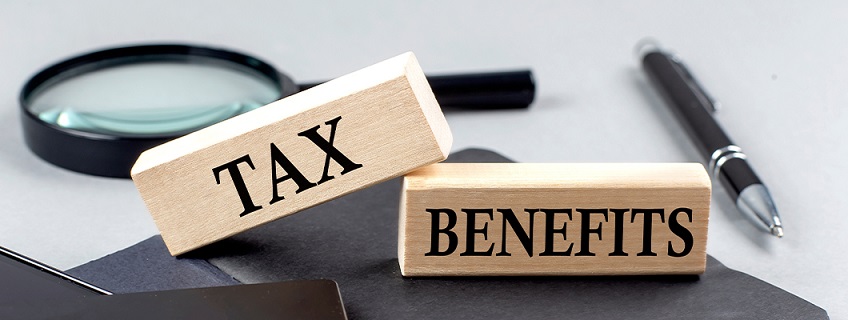
Can I Get Tax Benefits on Personal Loans?
Posted on Friday, March 29th, 2024 | By IndusInd Bank
Personal loans are a popular financial tool used by many individuals to meet various needs, from consolidating debt to funding home renovations or covering unexpected expenses. However, when it comes to taxes, there’s often confusion about whether personal loan interest is tax-deductible. Let’s delve into the topic and shed light on whether you can get tax benefits on personal loans.
Understanding Tax Benefits on Personal Loan
First and foremost, it’s essential to understand that personal loans are typically not tax-deductible. Unlike certain types of loans, such as mortgages or student loans, where the interest may be tax-deductible under specific circumstances, personal loan interest usually doesn’t qualify for any tax benefits.
Purpose of the Loan Matters
One of the critical factors determining whether you can claim tax benefits on a loan is the purpose for which the funds are used. Loans used for specific purposes, such as education or home improvements, may qualify for tax deductions under certain conditions. However, personal loans, which are often used for general purposes, do not typically meet the criteria for deductible interest.
Tax Benefits on Personal Loans: Exceptions
While personal loans themselves may not offer tax benefits, there are exceptions in certain situations.
Business Purpose
If you use a personal loan for business expenses or investments, the interest you pay on that loan might be tax-deductible under Section 37 of the Income Tax Act.
Home renovation
Opting for a personal loan to renovate your home makes you eligible for a tax deduction as per Section 24(b) of the Income Tax Act. Individuals can avail deductions of up to ₹30,000 annually on the interest paid towards the personal loan.
Home purchase or construction
Taking a loan for purchasing a house entitles you to claim a deduction on the interest paid for such loans. If the property is utilized for self-occupation, individuals can claim an interest deduction of up to Rs. 2,00,000. In case the property is rented out, the entire interest amount qualifies for a tax deduction.
Education expenses
Financing education expenses for oneself, spouse, or children through a personal loan allows for tax deductions under Section 80E. This deduction is applicable for a maximum of eight years or until the loan is fully repaid, whichever occurs earlier.
To Sum Up
While personal loans can be a valuable financial tool for addressing various needs, they typically do not offer direct tax benefits for borrowers. The interest paid on personal loans is generally not tax-deductible, unless the loan is used for specific purposes that qualify for deductions under the tax code.
Before taking out a personal loan, it’s essential to carefully consider your financial situation and explore alternative options. Additionally, if you’re unsure about the tax implications of a personal loan or any other financial decision, seeking guidance from a qualified tax professional or financial advisor can provide valuable insights tailored to your individual circumstances.
Ultimately, while personal loans may not offer tax benefits, they can still be an effective solution for managing your finances and achieving your goals when used wisely and responsibly.



 Offers
Offers Rates
Rates Debit Card Related
Debit Card Related Credit Card Related
Credit Card Related Manage Mandate(s)
Manage Mandate(s) Get Mini Statement
Get Mini Statement
 categories
categories Bloggers
Bloggers Blog collection
Blog collection Press Release
Press Release


